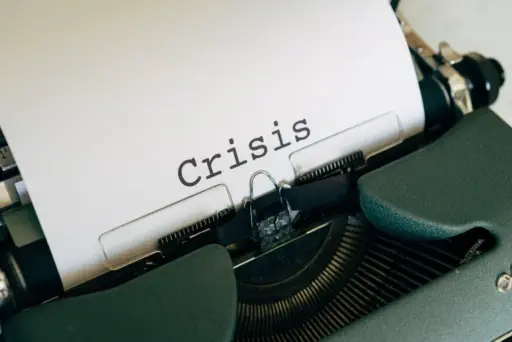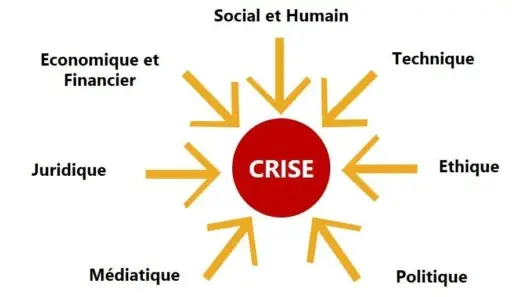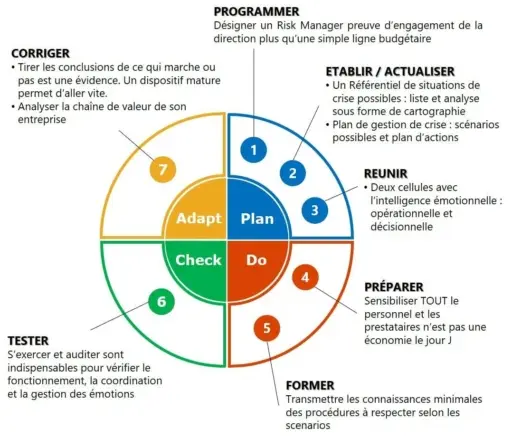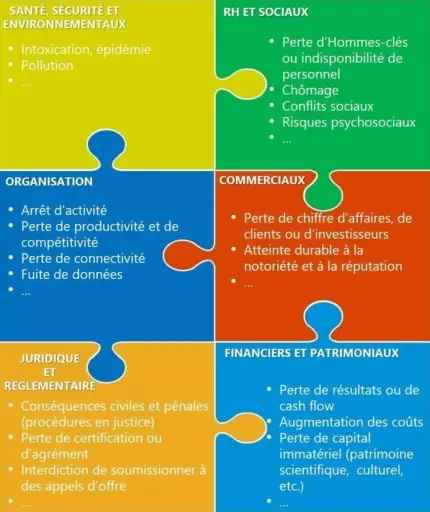Crisis management
None of us can claim to have the miracle solution, let alone to have been able to anticipate this health crisis. A crisis situation, such as COVID-19, is a matter of combination of factors often unpredictable and with impacts beyond our imagination. Faced with the health news of the last few weeks, which has challenged and continues to challenge our personal organisation and that of our companies, we have shared many ideas, doubts and solutions with our families, friends, partners, prospects and customers... We are all experiencing it differently and intensely.
Everyone adapted their usual way of working to the situation. In fact, we have all moved into a crisis management mode.
Do not give up, improve and stay the course remain your priorities.
It is also an opportunity to rely on your intuition, your creativity and to rely on your collaborators who will be one of the main keys to your success in overcoming this crisis.

State of mind
In times of crisis a multitude of questions emerge suddenly. The short reaction times lead to 2 questions being asked:
- Employer Which organisation is the best way to decide and motivate?
- Employees How should I contribute to the exceptional collective effort?
This state of crisis, of brutal change, must make you opt for a directive management mode and show the way, which requires unavoidable reflexes.
The strategic choices are in fact the responsibility of the head of the company, or the Comittee of Direction, surrounded by partners. Such a crisis puts at the heart of the relationship of trust you have with your partners: employees, customers, suppliers, trade unions, investors, ...
This key relationship must be maintained.
It is also an opportunity to make new choices, to surround yourself with people who will be quality resources, to be bold and creative, to focus on your top priorities and actively seek the solution.
Our advice is to be kind to yourself and to take responsibility for keeping control of your goals.
"The important thing is not where you are, it's the state of mind you're in" - Anna Gavalda
Decide to act
A crisis is an event that is difficult to predict and occurs in our organisations: companies, associations, schools, etc.
It is manifested by a trigger whose severity can be increased tenfold by the existence of one or more aggravating factors and thus leads to a disruption of the organisation.
In other words, you are facing unusual problems for which you are not prepared.

Beginning of a crisis
- Analyze the situation factually
- Taking a stand : the top priorities - the objectives at the outset and beyond - the assets to be protected
- Draw up the action plan
- Distribute the roles and responsibilities of the actors in the crisis unit missions of the actors, elimination of possible overlapping missions
- Establish a frequency to monitor developments and share information regularly
Ongoing crisis
- Managing the crisis
- Helping and supporting teams in particular operational
- Managing in a calm environment to control environmental stress
Exit from the crisis
- Preparing for a return to normalcy : organisation and planning, internal and external communications
- Thanking all the actors
- Study the legal, financial and insurance aspects
- Formalise feedback
- Complete the communications register that enabled communication during the crisis
Anticipating and preparing teams
The implementation of a crisis management system becomes essential because it allows you to :
- Deciding and managing the crisis by strategic axes to protect your assets: personnel, activities, reputation, image, ... and to allow a continuity of activity in degraded mode
- Act through an operational organisation crisis management on the ground, i.e. putting in place the means to deal with emergency situations, respond to events, trigger the necessary assistance and resources, implement the return to a normal situation, etc.

The impacts of a crisis

Would you like to know more?
Download our free White Paper




